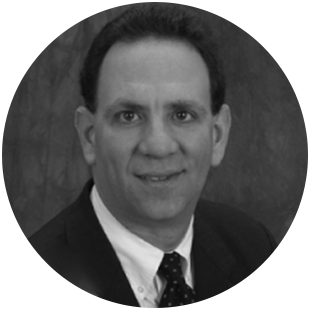Editor’s note: This is the third article of a three-part series that brings to a close Hotel News Now’s “Lender Insights” feature. HNN reached out to participants of the monthly feature during 2016 to learn their views about three key issues: a look back at lending in 2016; how the election of Donald Trump might affect lending; and what advice they have for borrowers in 2017.
Today’s question: What advice can you give to borrowers looking to secure lending in 2017?
|

Pelvi Chavda de Vries, |
|
“Relationships are key. Know your lender, their ability to execute, and supply a loan that meets the necessities of both the project and your timeframe. A lender focused exclusively on the hotel industry knows the nuances associated with hotel properties and hotel projects. It’s important that lenders look beyond a property’s financial history, but also weigh a property’s projected performance, post-renovation. It is important to foster a mutually beneficial, strong lender-borrower relationship throughout the life of the loan and should be one of cooperation and transparency.” |
|

Mathew Crosswy, president,
|
|
“Securing financing will still be challenging in 2017. The reform outlined by Donald Trump will not occur overnight. I encourage borrowers to do their diligence on the bank, loan officer, credit approval process and any hurdles from application to funding. Borrowers also need to be transparent and make sure they’ve outlined any issues with the credit. Lenders are being very diligent, and they will unveil most issues during underwriting. In its shortest form, my guidance to ensure certainty of execution is transparency with both borrower and lender.” |
|

Neil Freeman,
|
|
“Make the best deal and get the loan closed in the first quarter. Interest rates are rising and that trend will likely continue, so if you can refinance, do it now. For new construction projects, do a careful underwriting to make sure the market demand will support the investment. Most hotel markets peaked in 2015 and the net operating income is decreasing, so it may be prudent to wait until the next cycle.” |
|

Mike Muir,
|
|
“Be looking for quality properties. With an increasing rate environment, equity requirements may also rise.” |
|

Rick Rogovin, VP,
|
|
“As always, borrowers should be very forthcoming with information about themselves, the property and especially their proposed business plan for the asset. The more detailed the information regarding changes in management, branding, property improvement plan renovations and expense savings, makes the lender’s review process quicker and more efficient. Since lenders put a tremendous amount of credence on experience, borrowers should be very explicit about the performance of similar projects they have been involved with—I like to call it ‘the good, the bad and the ugly.’ More than ever, having a strong relationship with a national lender with hotel expertise is essential for certainty of execution.” |
|

Michael Sonnabend, managing partner,
|
|
“The advice for borrowers in 2017 is straightforward and back to basic lending. It can be summed up by two well-worn phrases. First of all, strike while the iron is hot. During the past couple of years, borrowers didn’t seem to have any motivation to close loans quickly before things worsened. The general consensus was that interest rates would stay low and underwriting would remain favorable for quite some time. I don’t think that will be the case in 2017. The Fed will likely raise the short-term rates, and long-term rates have already begun their ascent. The majority of lenders, and those who advise them, believe that the hotel market will experience slower growth in revenue per available room and values. Consequently, underwriting standards will likely toughen. Second, if it seems too good to be true, it probably is. As the market narrows, and fringe lenders leave, it is unlikely that there will be those lenders willing to make a loan significantly out of the market. Those who tout interest rates and underwriting similar to what was available at the height of the market are just that—‘touts’ who will be unlikely to close on those terms.” |
Compiled by Jeff Higley.
